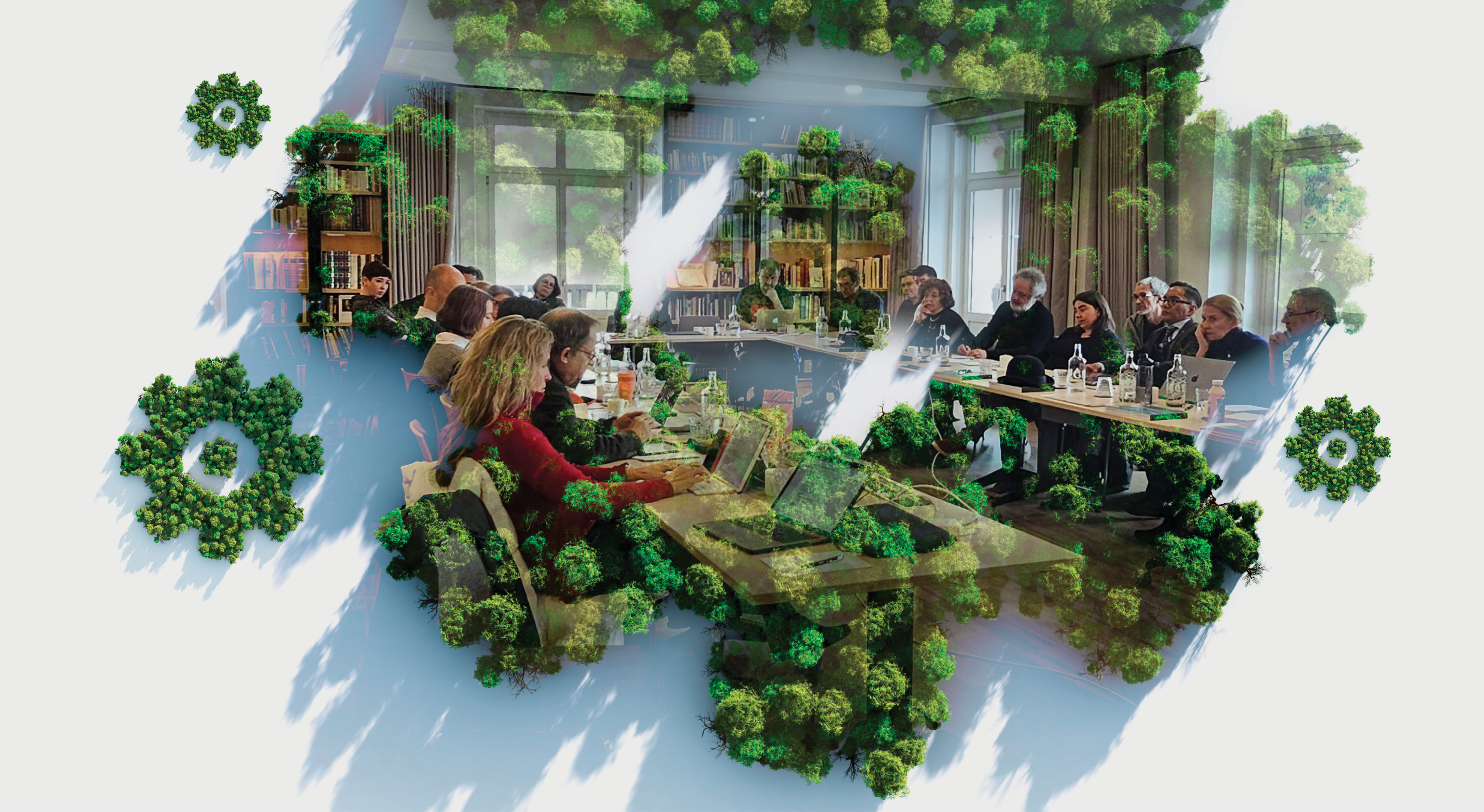Olivier Hamant is an INRAE Director of research at the RDP institute at ENS de Lyon.
A biologist by profession, he tries to understand how plants use forces to control their development, by combining molecular and cellular biology, mechanics and modeling approaches.
Alongside this research, he is engaged in a training program exploring the many implications of the Anthropocene at ENS de Lyon and with the House of Cultures of the World in Berlin. In keeping with his biological research and the numerous implications of the Anthropocene, he has been involved in several projects involving the humanities and the arts, particularly around the issues of complexity, resilience and fragility of biological systems.




